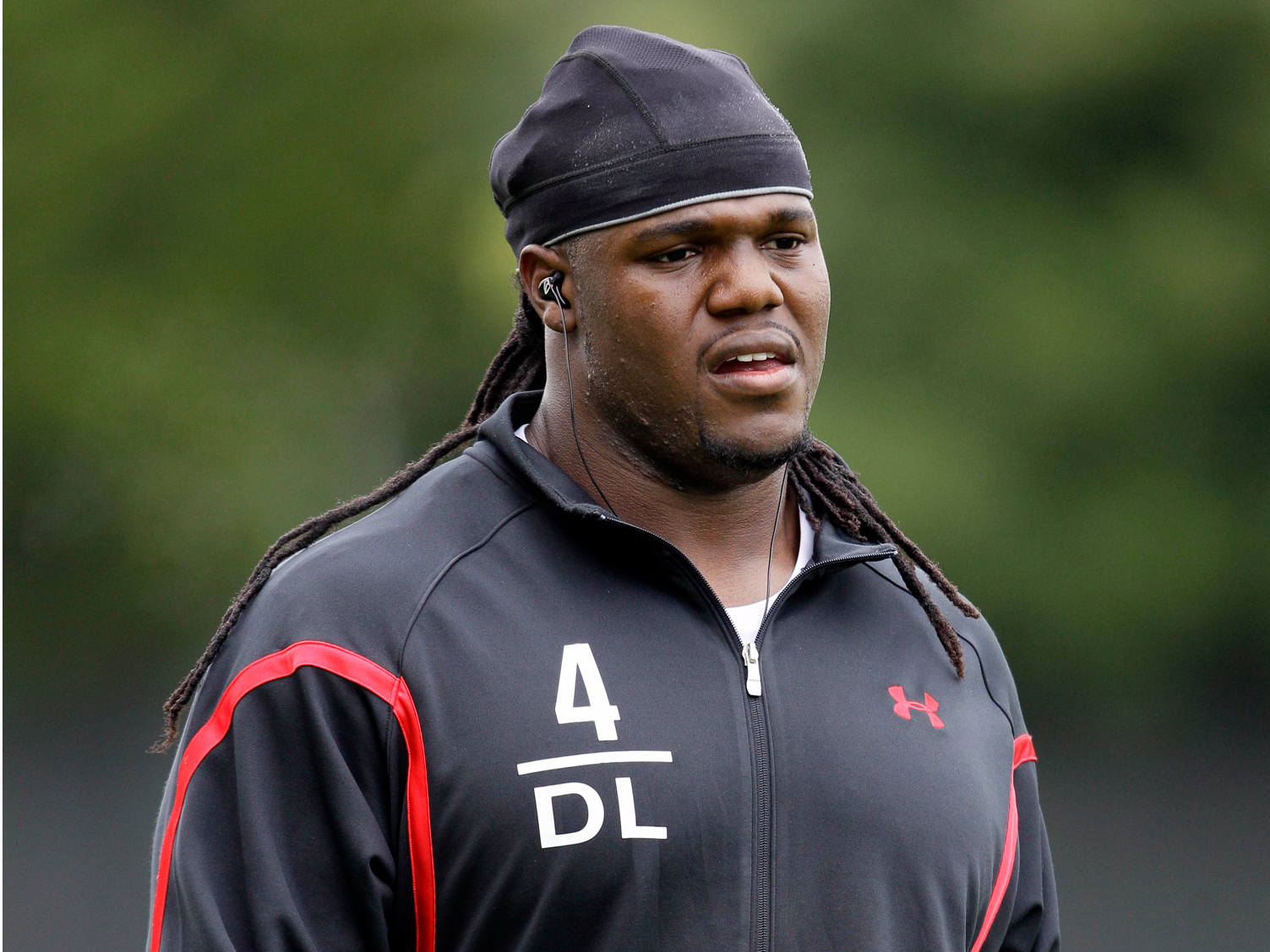 Gerry Broome/AP
Gerry Broome/AP
The NCAA announced Friday that it could not conclude academic violations by UNC after an investigation that spanned more than three years.
The investigation stemmed from allegations that UNC had a system in which students took an African Studies course that never met, had little instruction, and required only one paper that received high marks, regardless of quality. It was alleged that the course was designed to keep student-athletes eligible.
The entire scandal resulted from an unlikely source: a football player’s tweet with Rick Ross lyrics.
As noted by SB Nation and TarHeels Blog two years ago, in 2010, UNC defensive lineman Marvin Austin set off an investigation because of his tweets. In 2010, Austin tweeted, “I live In club LIV so I get the tenant rate … bottles comin’ like its a giveaway.”
The tweets raised eyebrows, as the NCAA wondered if Austin was receiving bottle service at a famous club in Miami.
Austin’s tweet was simply quoting the rapper, but it opened the floodgates. The NCAA investigated whether Austin was hanging out in the Miami nightclub while also looking into whether players were receiving other benefits. UNC soon launched its own investigation a month later into academic infractions.
In short, the investigations included looking into players’ social media accounts, text messages, and emails. As the investigations went deeper and deeper, UNC soon found players were using tutors to write papers for some of the football players. In 2011, the NCAA announced it found several academic violations, later leading to the firing of football coach Wade Davis.
As the investigation continued, the “bogus” African studies course was revealed. It was alleged that over 3,100 students took the classes, with nearly half of that total being student-athletes.
Austin was eventually kicked off the football team while two other UNC football players were suspended for receiving illegal benefits and initially making false statements during the investigations.
The NCAA had closed the case after imposing sanctions on UNC, but reopened it in 2014 after a former UNC basketball player alleged that he had other people write papers for him.
However, after over three years, the NCAA announced Friday that it could not conclude academic fraud at UNC, as the NCAA allows schools to decide whether academic fraud occurred. Ultimately, UNC said the academic scandal fell short of its standards but did not constitute academic fraud.
Austin went on to play four years in the NFL, but has not played since 2014.
SEE ALSO:Baseball has never seen anything like the Nationals’ baffling single-inning collapse to the Cubs













